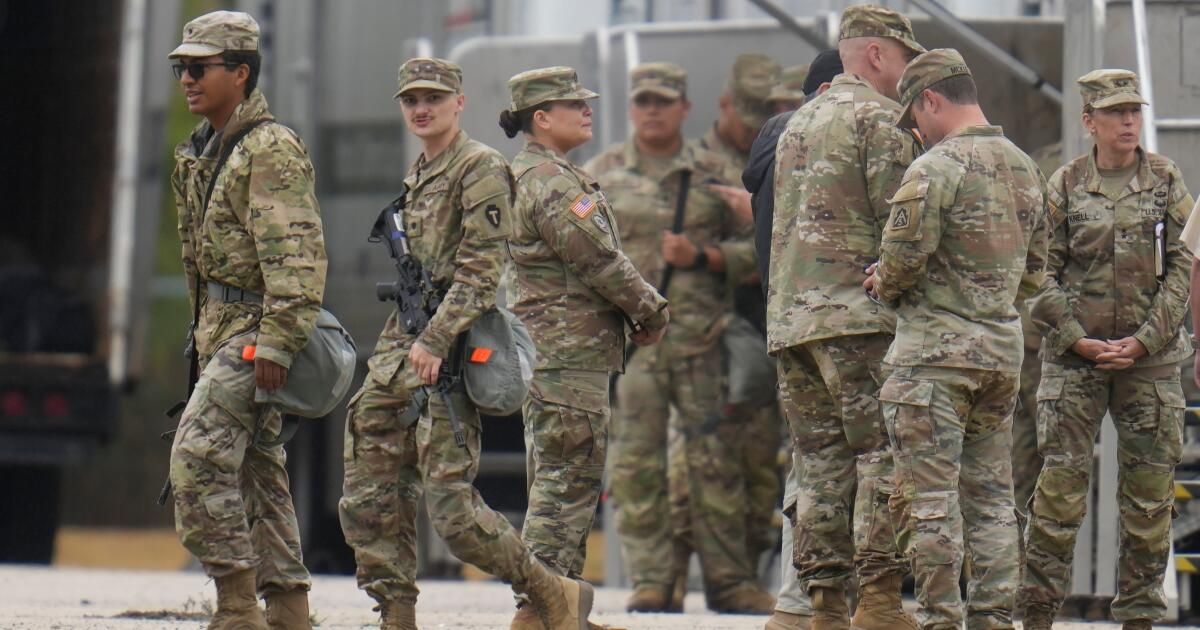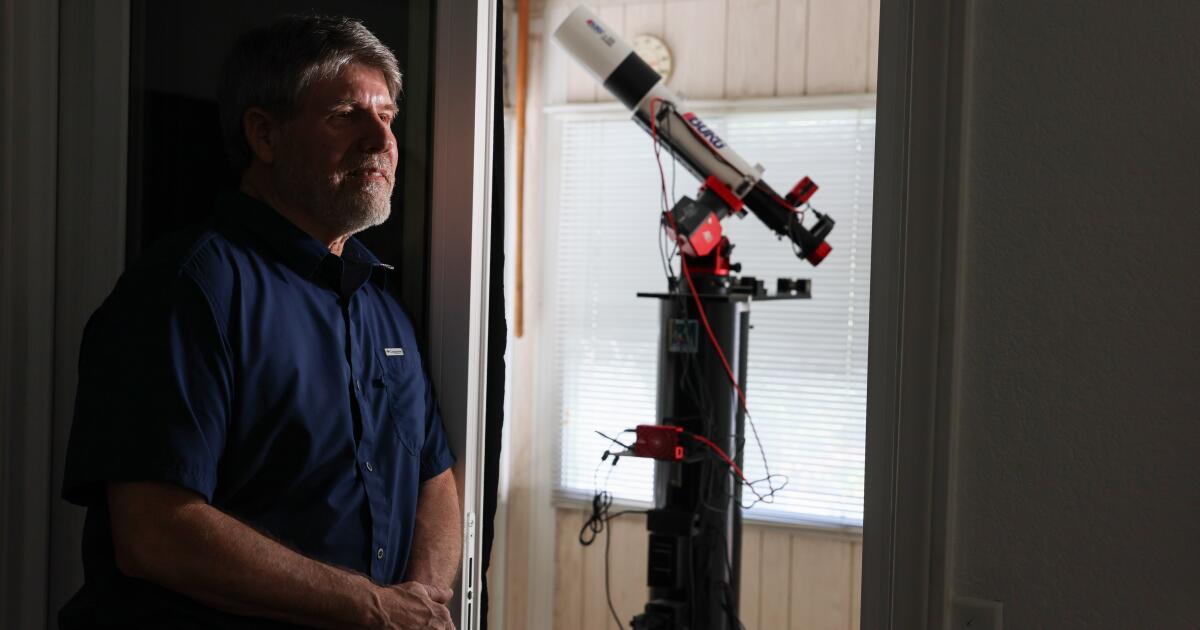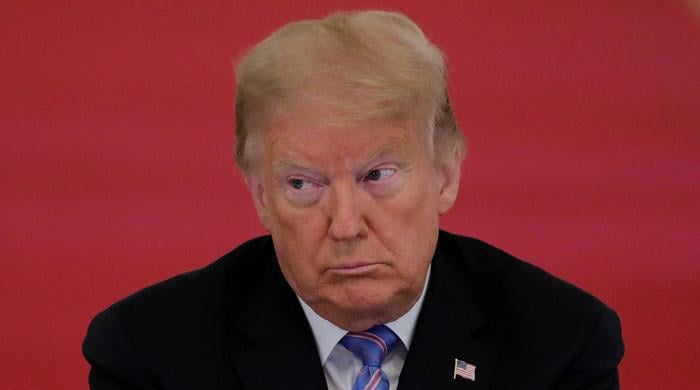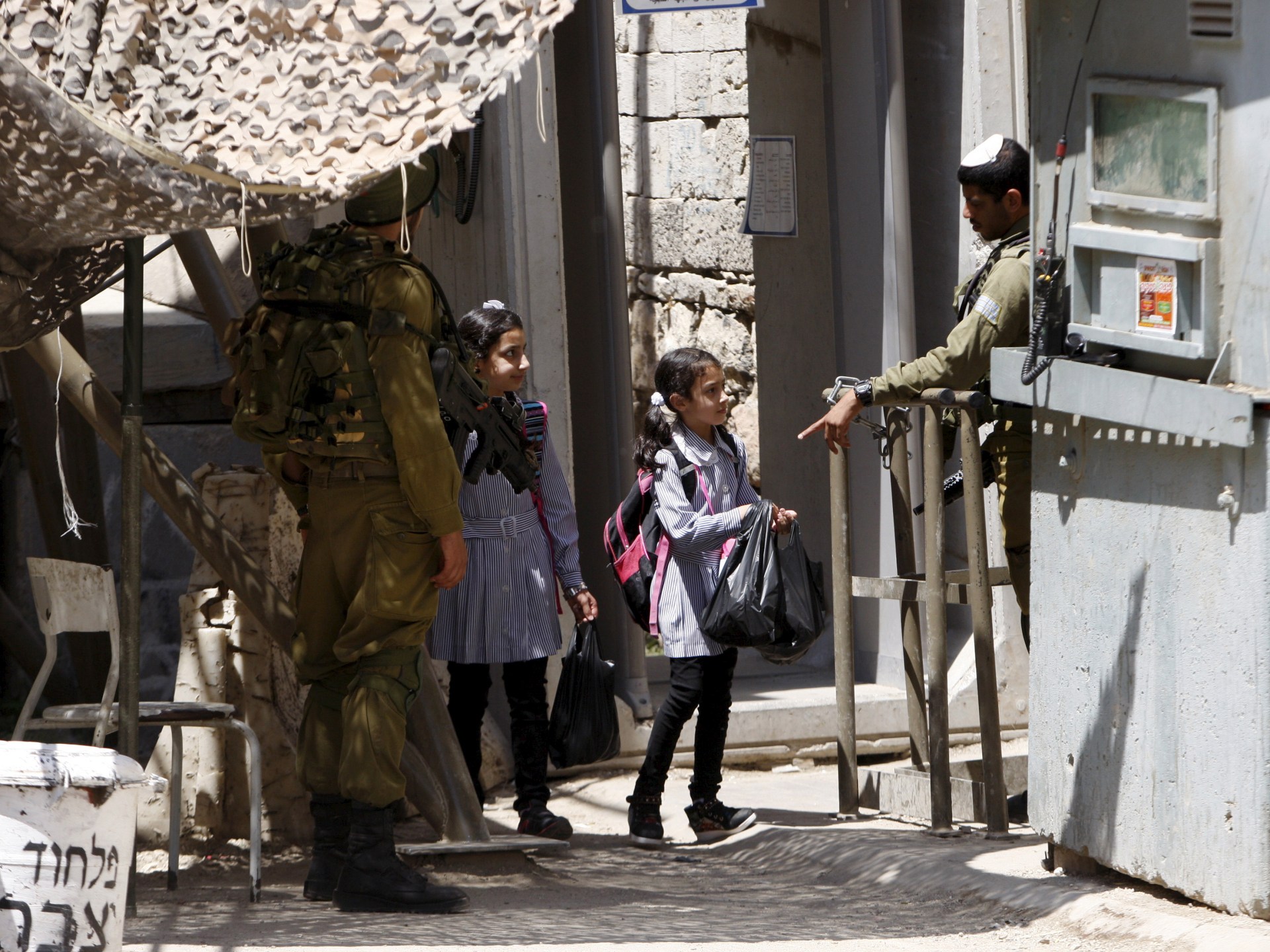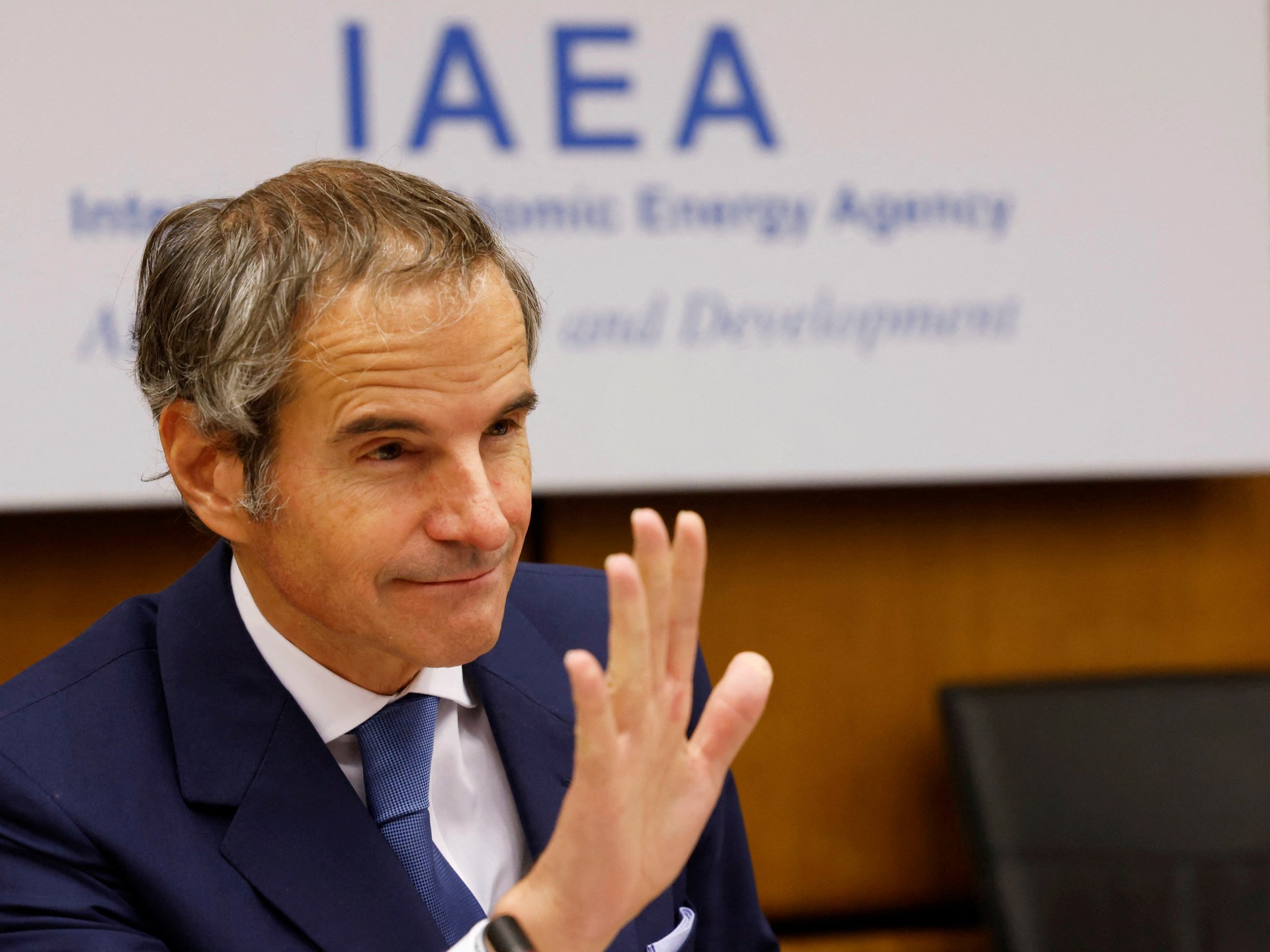Three of the country's most powerful judges met in Pasadena on Wednesday for an unusual conclave that could rewrite the legal framework for President Trump's expansive troop deployment in cities across the United States.
The decision to flood Los Angeles with thousands of federalized troops over the objection of state and local leaders shocked the country in June. Five months later, these types of military interventions have become almost routine.
But whether deployments can be expanded — and how long they can continue — depends on a novel reading of an obscure subsection of U.S. code that determines the president's ability to send the National Guard and federal service members. That code has been the subject of heated debate in courts across the country.
Virtually all of those cases have hinged on the Ninth Circuit's decision in June. The justices determined that the law in question requires “a great level of deference” to the president in deciding when a protest becomes a rebellion and whether the response on the ground is justified.
On Wednesday, the same three-judge panel — Jennifer Sung of Portland, Eric D. Miller of Seattle and Mark J. Bennett of Honolulu — made the rare decision to review it, signaling their willingness to dramatically rewrite the terms of engagement that have underpinned Trump's deployments.
“I guess the question is, why would a couple hundred people engage in disorderly conduct and throw things at a building over the course of two days of a riot of comparable severity?” said Miller, who was appointed to the position in Trump's first term. “Violence is used all the time to thwart federal law enforcement. This happens every day.”
The question he raised has divided the judicial system, dividing district judges from appellate panels and the Pacific Coast from the Midwest. Some of Trump's appointed judges have broken sharply with their colleagues on the issue, including on the Ninth Circuit. Miller and Bennett appear to disagree with Ryan D. Nelson and Bridget S. Bade, who expanded on the court's June ruling in a Monday decision that allowed the deployment of federalized troops in Oregon.
Most agree that the statute itself is esoteric, vague, and unproven. Unlike the Insurrection Act, which generations of presidents have used to quell spasms of violent domestic unrest, the law Trump invoked has almost no historical footprint and few precedents to define it.
“It has only been used once in the history of our country since it was enacted 122 years ago,” California Attorney General Samuel Harbourt said in court Wednesday.
Lawyers on both sides have turned to legal dictionaries to define the word “rebellion” in their favor, because the statute itself offers no clues.
“Defendants have not presented a credible understanding of the term 'rebellion' in this litigation,” Harbourt told the panel Wednesday. “We continue to see defendants rely on this interpretation across the country and we are concerned that the breadth of the definition the government has relied on… includes any form of resistance.”
The room for maneuver has left courts at odds over the most basic facts before them, including whether what the president claims must be demonstrably true.
In the Oregon case, U.S. District Judge Karin Immergut of Portland, another Trump appointee, called the president's claims about a rebellion there “unrelated to the facts.”
But an independent panel of the Ninth Circuit overturned it, finding that the law “does not limit the facts and circumstances that the president may consider” when deciding whether to use soldiers domestically.
“The president has the authority to identify and weigh the relevant facts,” the court wrote in its Monday decision.
Nelson went further and called the president's decision “absolute.”
Upon closer review, Sung noted a shift toward the opposite interpretation.
“The court says that when the statute grants discretionary power, that is based on certain facts,” he said. “I don't see the court saying that the underlying decision about whether the factual basis exists is inherently discretionary.”
That sounded much more like the Midwest Seventh Circuit's decision in the Chicago case, which found that nothing in the statute “makes the President the sole judge of whether these preconditions exist.”
“Political opposition is not rebellion,” the Seventh Circuit judges wrote. “A protest does not become a rebellion simply because protesters advocate for myriad legal or political changes, are well organized, call for significant changes to the structure of the United States government, use civil disobedience as a form of protest, or exercise their Second Amendment right to bear firearms as the law currently allows.”
The Trump administration's appeal of that decision is currently before the Supreme Court on the emergency docket.
But experts said even a high court ruling in that case may not dictate what can happen in California — or New York, for that matter. Even if the judges ruled against the administration, Trump could choose to invoke the Insurrection Act or another law to justify his next actions, an option he and other officials have raised repeatedly in recent weeks.
The administration has signaled its desire to expand the power it already enjoys, telling the court Wednesday that there was no limit to where troops could be deployed or how long they could remain in the president's service once he had taken control of them.
“Would it be your opinion that no matter how much conditions on the ground changed, the district court or review would have no ability (in a month, six months, a year, five years) to review whether conditions still support [deployment]?” Bennett asked.
“Yes,” deputy assistant prosecutor. General Eric McArthur said.
Bennett pressed this point, asking whether, under current law, the militia that George Washington federalized to put down the Whiskey Rebellion of 1794 could “remain mustered forever,” a position the government restated.
“There is not a single word in the statute that mentions how long they can remain in federal service,” McArthur said. “The president's determination as to whether the demand has arisen, that decision is at his sole and exclusive discretion.”

